Kisengwe Primary School Rises from Straw Walls to a thriving education centre
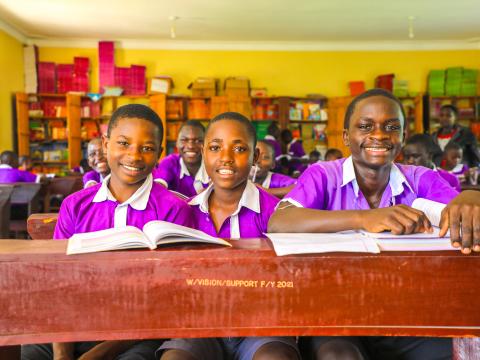
What began as four makeshift classrooms with straw walls and thatched roofs has grown into a thriving education centre thanks to a life-changing partnership between Kisengwe Primary School and World Vision Uganda.
Established in 1996 by local residents in Kasambya Subcounty, Kisengwe Primary School symbolised the community’s commitment to education.
But the journey was anything but easy. Learners shared dilapidated shelters, sat on bare floors, and missed class during rainstorms. Sanitation facilities were rudimentary, clean water was non-existent, and basic learning materials were out of reach.
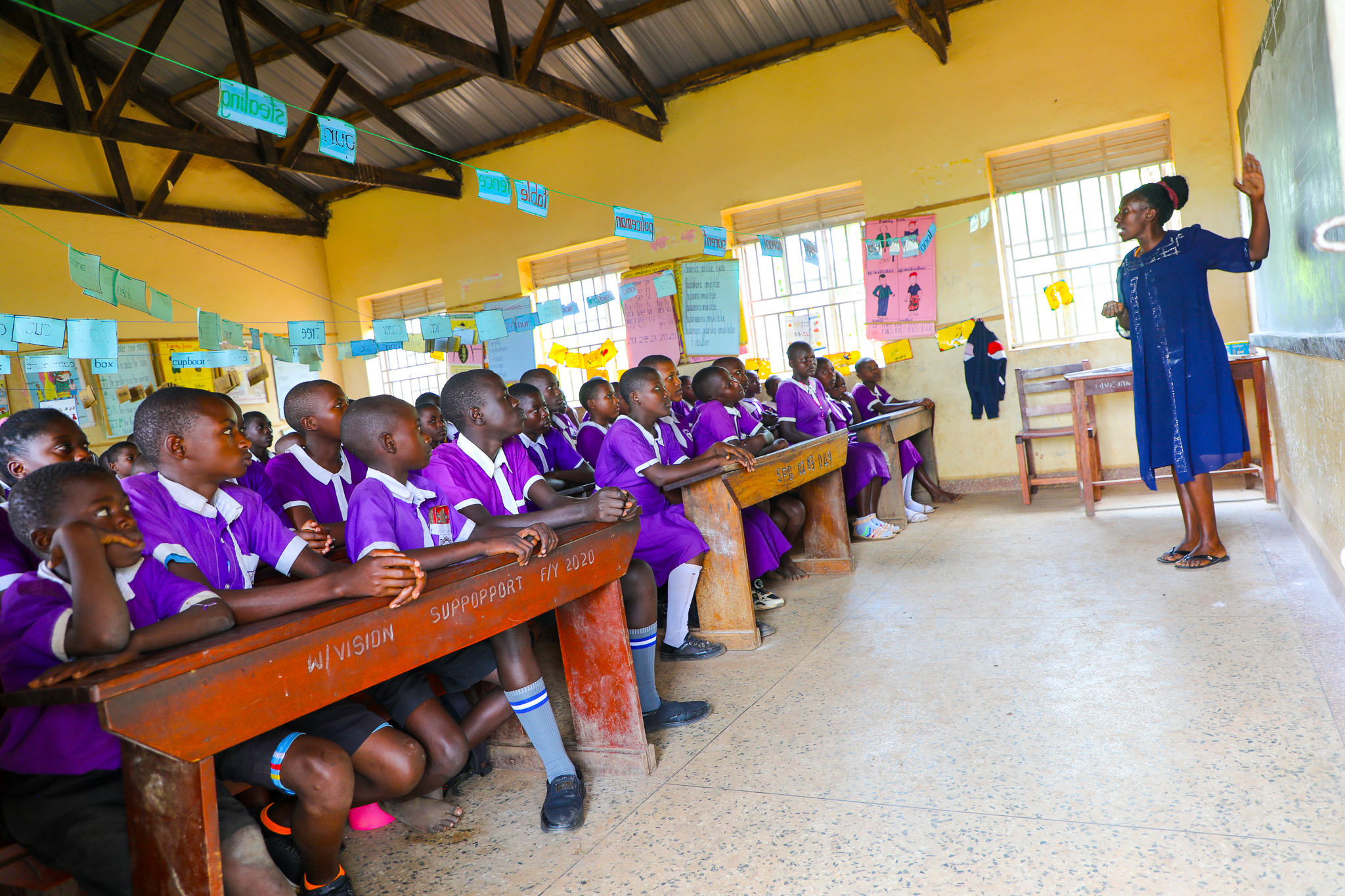
That began to change in 2009 when World Vision partnered with the school, setting in motion a remarkable transformation.
“We didn’t know much about World Vision at first, but one thing was clear: our school had begun a new chapter,” says Martha, the school’s senior woman teacher.
World Vision’s first major contribution was the construction of a four-classroom block equipped with teachers' offices and furniture. This initial boost didn’t just improve learning conditions, it attracted pupils from surrounding villages, pushing enrollment numbers more than fivefold.
As student numbers grew, so did World Vision’s commitment. By 2025, the school had 10 permanent classrooms, a stocked library, nine gender-separated toilet stances for learners, and two for teachers.
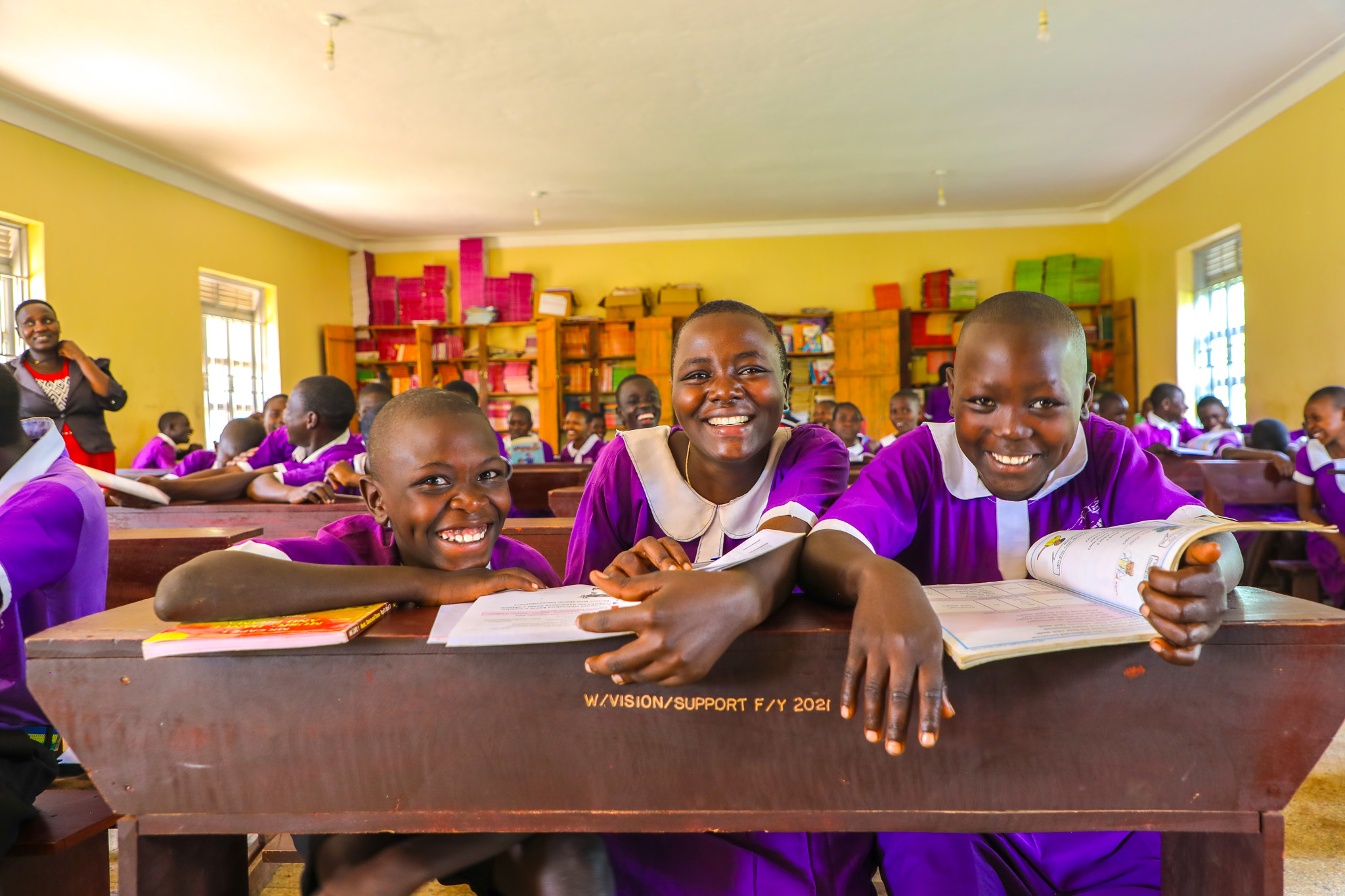
Recognising the unique needs of girls, World Vision built private changing rooms and installed a piped water system, boosting hygiene and helping girls stay in school even during menstruation.
“When girls were on their periods, they used to miss classes. Now, they stay in school confidently,” says Martha.
World Vision also tackled a long-standing challenge: teacher welfare. For years, teachers commuted long distances or rented nearby rooms during the term, contributing to absenteeism and high turnover. To solve this, World Vision built on-site teacher houses with solar lighting, piped water, kitchens, and living areas.
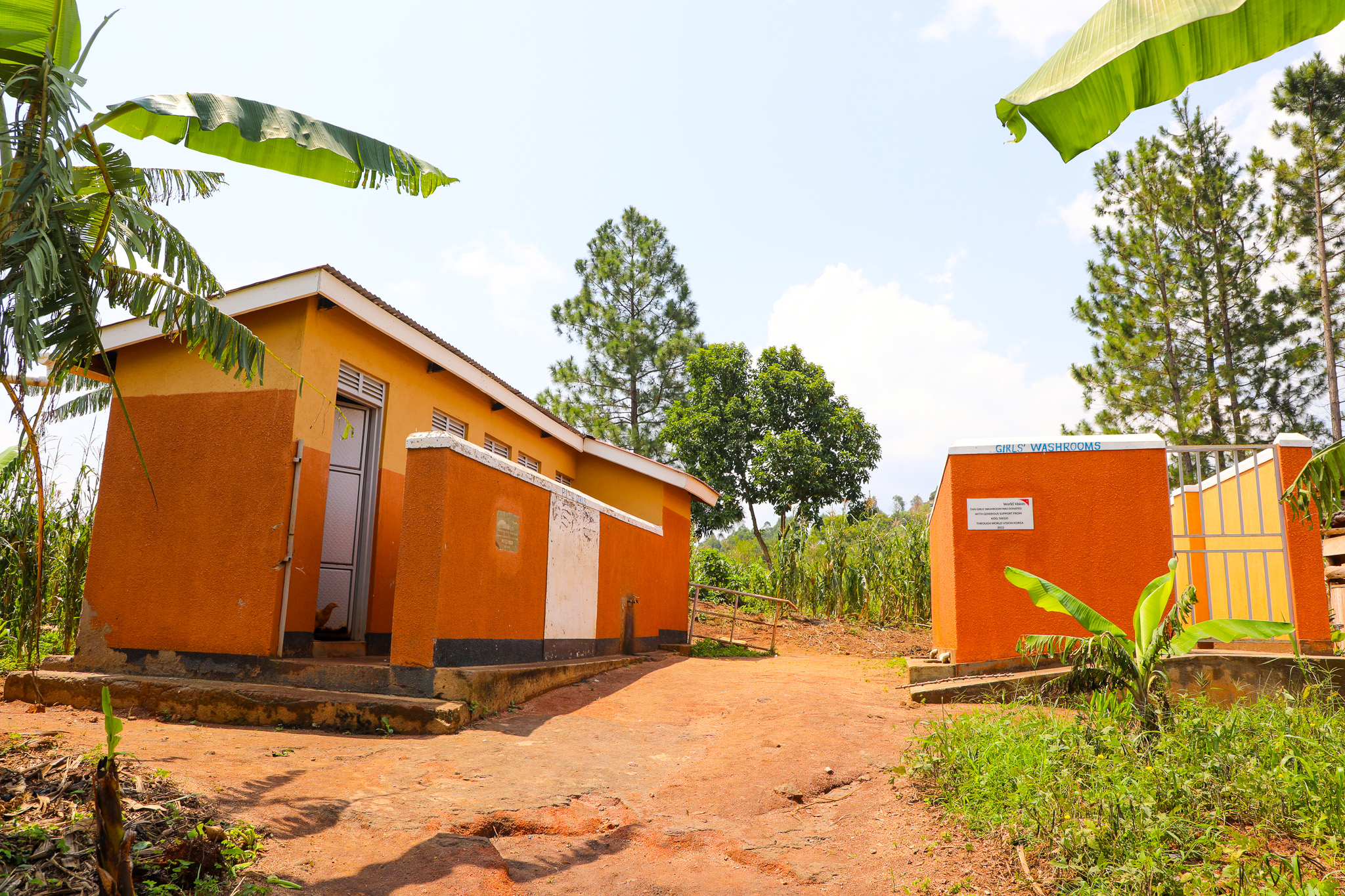
“The availability of housing changed everything. Teachers now arrive early, stay motivated, and learners benefit,” says Head Teacher Ms. Ninsimma Goret.
In addition, World Vision organised quarterly teacher training sessions to build capacity, especially when the government introduced the local language policy for lower primary classes.
“We had only one training on teaching in local languages. It wasn’t enough,” says Martha. “World Vision stepped in and helped us implement the policy effectively.”
Teachers were also trained in child protection, literacy development, and identifying at-risk learners' efforts that contributed to a steady drop in school dropout rates.
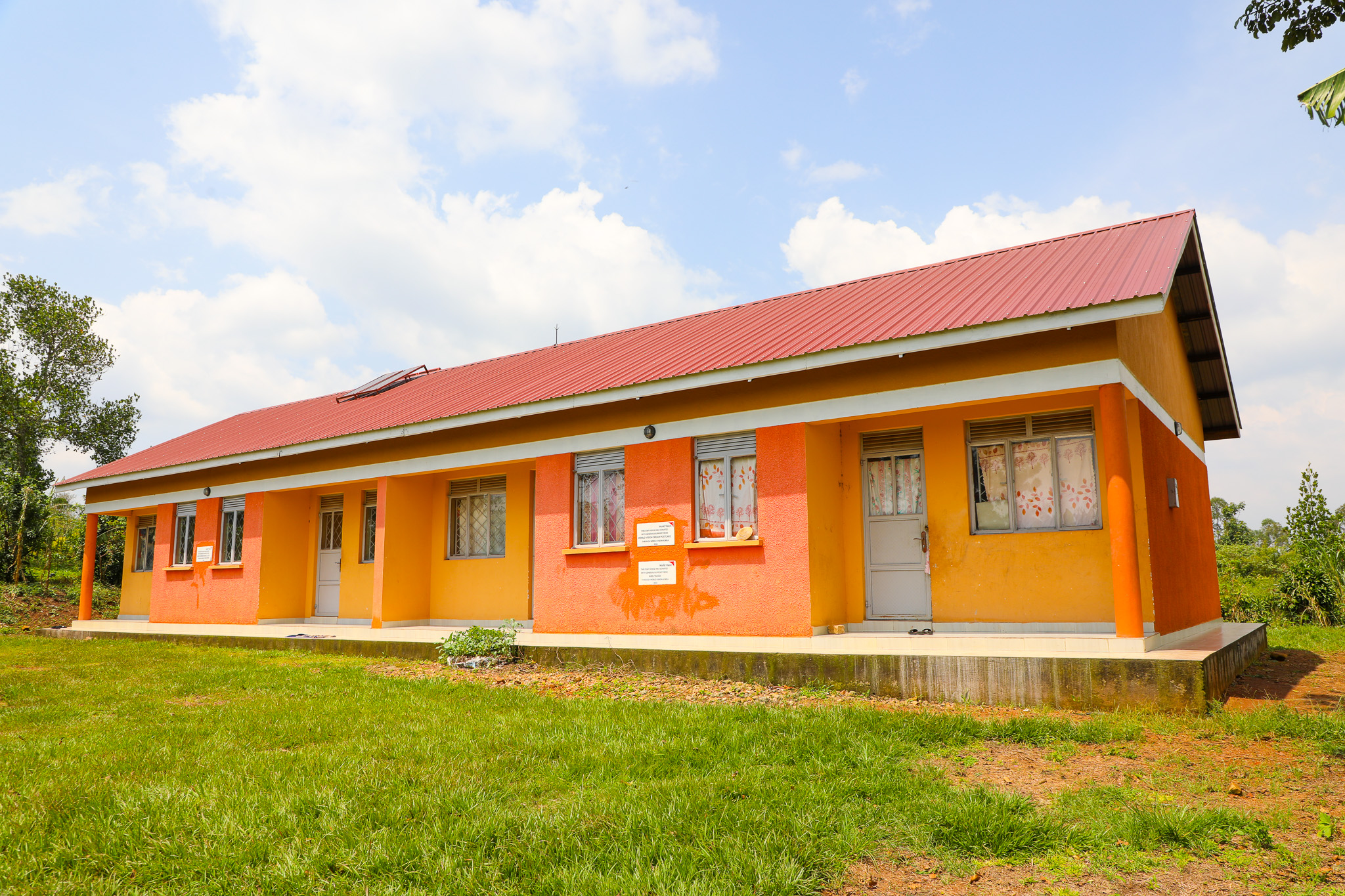
Beyond academics, World Vision promoted holistic learning by supporting sports, music, dance, and drama. Learners formed health and spiritual nurture clubs, participated in debates, and engaged in inter-school competitions, boosting both confidence and creativity.
“World Vision gave us sports kits and costumes for music and drama. The children felt proud and energized,” Ms. Martha adds.
Today, Kisengwe Primary School stands as a center of excellence and resilience not just in Kasambya, but across Kakumiro District. It is consistently ranked among the top-performing schools and serves as a model for what rural schools can achieve with the right support.
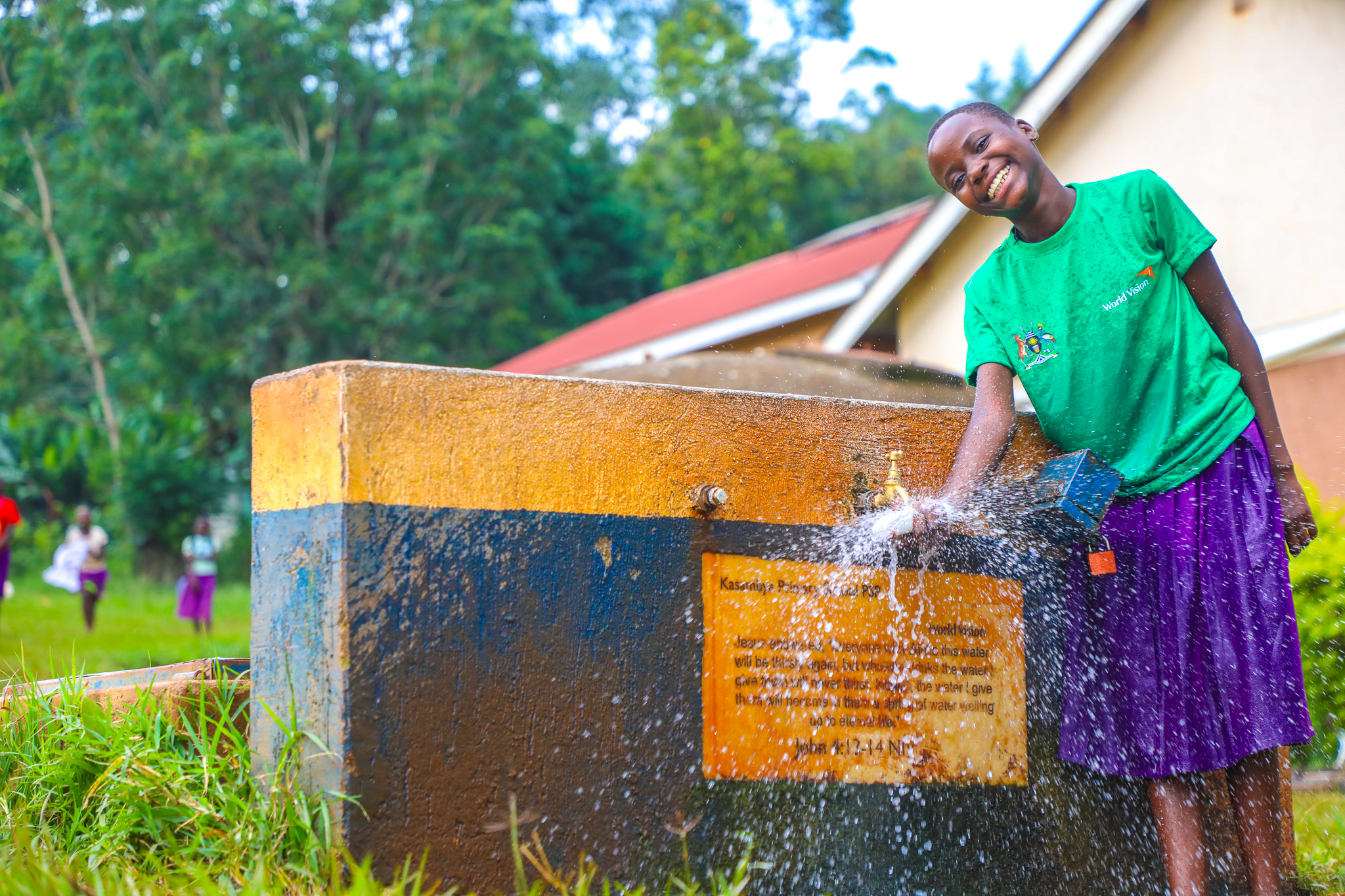
“Even during the COVID-19 lockdown, our pupils had textbooks at home because of World Vision. Learning didn’t stop,” says Head Teacher, Ms. Ninsimma.
With 15 other primary schools in the subcounty also benefiting from World Vision’s interventions, the organization’s impact continues to ripple across the district, empowering communities, transforming lives, and building a foundation for Uganda’s future.
“Thanks to World Vision, we now believe that every child in Kakumiro can succeed,” Ms. Goret affirms.
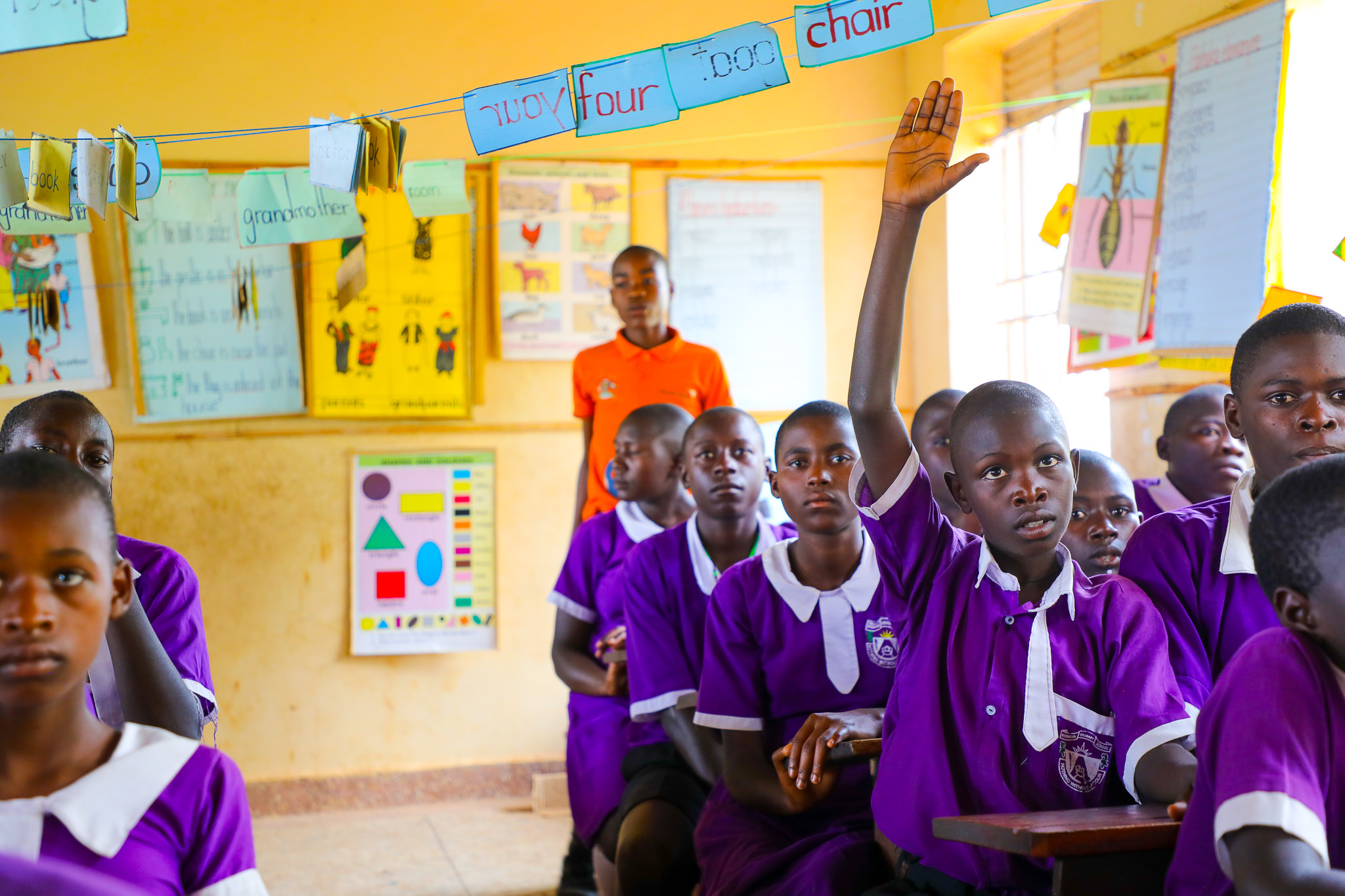
Story by: Mungu Jakisa Brian- Communications Officer